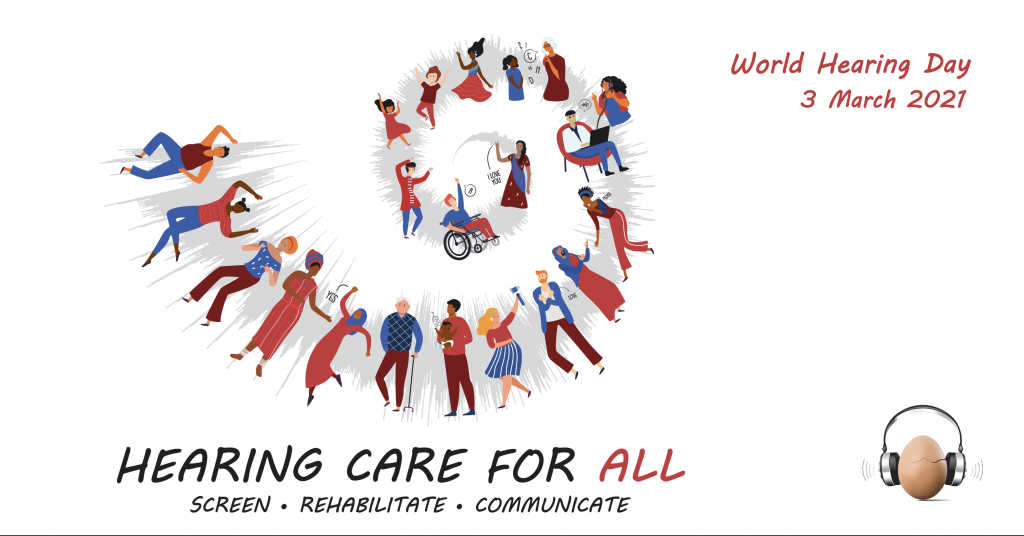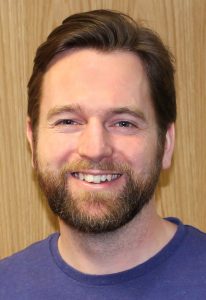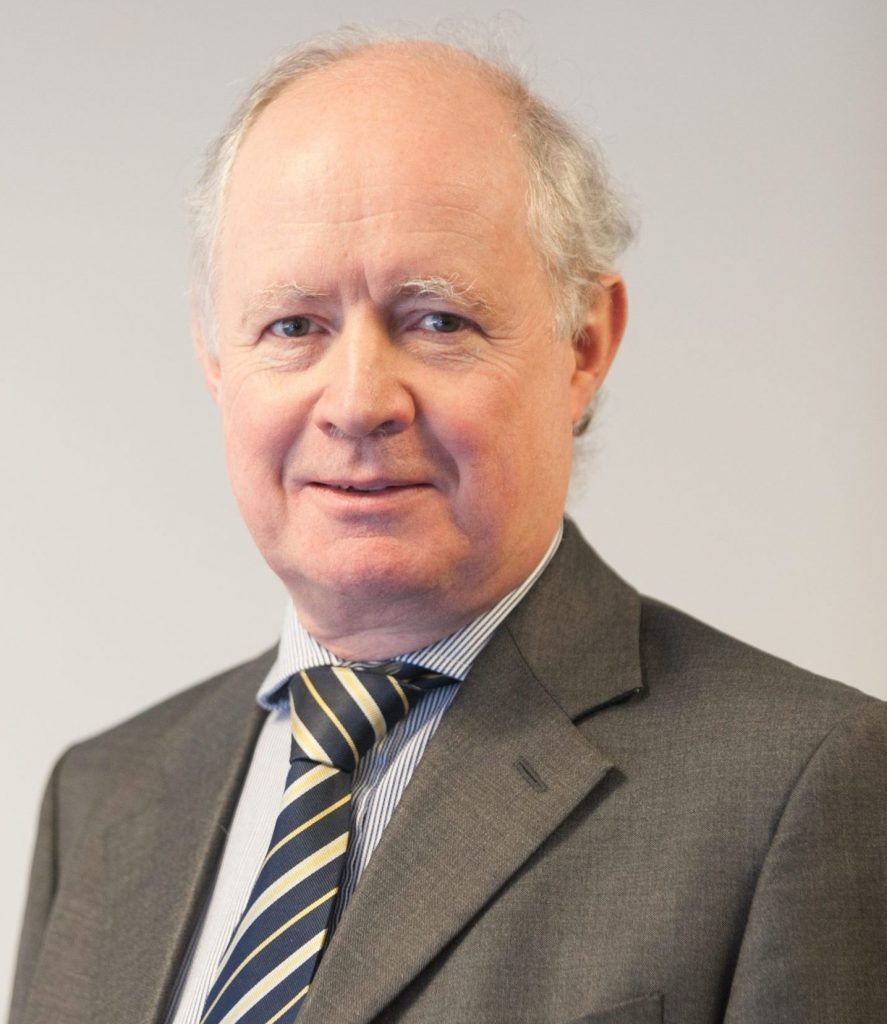March 3, 2021, by Adele Horobin
World Hearing Day 2021

Countries around the world have looked to the World Health Organisation (WHO) for information and guidance on how to combat the COVID-19 pandemic. But did you know that the WHO has long been working to reduce hearing difficulties worldwide too?
World Hearing Day is a campaign held each year by the Office of Prevention of Blindness and Deafness at the WHO. The campaign’s objectives are to share information and promote actions towards the prevention of hearing loss and improved hearing care. It is held on 3 March every year and was first established back in 2007. This year’s World Hearing Day theme is ‘Hearing care for all! Screen, Rehabilitate, Communicate’.
There is clearly a need for global action. Around 18% of the world’s population (1.34 billion) have some degree of hearing loss (1). And for around 7% (466 million) of people, hearing loss is disabling; of these, 34 million are children. In addition, 1.1 billion young people are at risk of hearing loss due to exposure to noise in recreational settings and through personal audio devices. It is expected that these numbers will rise considerably in the coming decades, unless action is taken to prevent and treat hearing loss (2).
Furthering its efforts, the WHO established the World Hearing Forum in 2018, creating a global network of stakeholders promoting ear and hearing care worldwide. This includes researchers, clinicians, policymakers, patient advocates and members of the public with hearing loss. This forum has played a pivotal role in compiling the first World Report on Hearing, which is launched today for World Hearing Day. Through the World Report on Hearing, the WHO wants to sensitise policymakers to the importance of hearing at every stage of life, from cradle to grave. Good hearing and communication are key to our social interactions, educational pursuits, employment potential, and to our overall wellbeing.

Dr Ian Wiggins
In Nottingham, we have taken an active role in the World Hearing Forum. Dr Ian Wiggins is a member of the Forum’s Safe Listening campaign and is currently drafting a new global standard for safe listening venues on behalf of the WHO. The standard will lay out best-practice recommendations for sound-level monitoring, sound-system design, provision of earplugs and public-health messaging at venues, all designed to ensure that people can enjoy high-quality sound now and into the future.

Professor Gerry O’Donoghue
To mark World Hearing Day in 2019, the Lancet announced a Lancet Commission to identify ways to reduce the global burden of hearing loss. The Commission follows a recent Lancet Review of the state of global hearing health care and possibilities for improving it. Nottingham University Hospitals Consultant Neuro-Otologist and surgeon Professor Gerry O’Donoghue is taking a prominent role in this work.
In Nottingham, we research many different aspects of hearing within Hearing Sciences in the School of Medicine and also at the NIHR Nottingham Biomedical Research Centre. This includes tinnitus, hyperacusis, mild to moderate hearing loss through to severe to profound deafness. We are also working to improve objective measures of hearing and better define what should be measured in hearing clinical trials around the world. In addition, we are branching out into clinical hearing sciences, looking at what impact certain clinical treatments, such as chemotherapy, might have on hearing and balance and how we can work to reduce any negative effects. We are also establishing a new venture in creating the Nottingham Hearing BioResource. The BioResource will bring together the latest advances in genetics, audiology, brain imaging and outcome measures to help us better meet the needs of the individual person with a hearing problem and to define the next generation of hearing care.
In addition to maintaining Nottingham’s historical international leadership in hearing research, we are collaborating with other organisations to collectively improve hearing health. We are a member of the Hearing Medicines Discovery Syndicate which brings together UK expertise and infrastructure in hearing research, therapeutic discovery and development to support innovators developing the hearing therapeutics of the future. This includes the NIHR Biomedical Research Centres at Nottingham, Manchester and University College London Hospitals. We are co-leading the NIHR Hearing Health Informatics Collaborative with these Centres. This is to harness data from hearing services across NHS sites. Read about this in our article online and published in the Guardian today. Together, Nottingham, Manchester and London won funding for the FAMOUS trial which aims to find ways to help people get the most from their hearing aids.
Clearly, there is still much that needs doing to improve hearing health for so many people across the world. Hearing research has not traditionally garnered as much attention as other health conditions, such as cancer or heart disease for instance. But global campaigns such as World Hearing Day, as well as the World Hearing Forum and the World Report on Hearing will help move us in the right direction.
If the COVID-19 pandemic has taught us anything, it’s that only efforts on a global scale, with countries and organisations working together, will help improve the long-term health prospects for everyone, no matter which country they live in.
References:
- Wilson BS, Tucci DL, O’Donoghue GM, Merson MH, Frankish H. A Lancet Commission to address the global burden of hearing loss. The Lancet 2019; 393:10186, P2106-2108. DOI: https://doi.org/10.1016/S0140-6736(19)30484-2.
- Promoting the World Hearing Forum. World Health Organisation. Available at: https://www.who.int/activities/promoting-world-hearing-forum. [Accessed 26 February 2021].
No comments yet, fill out a comment to be the first

Leave a Reply